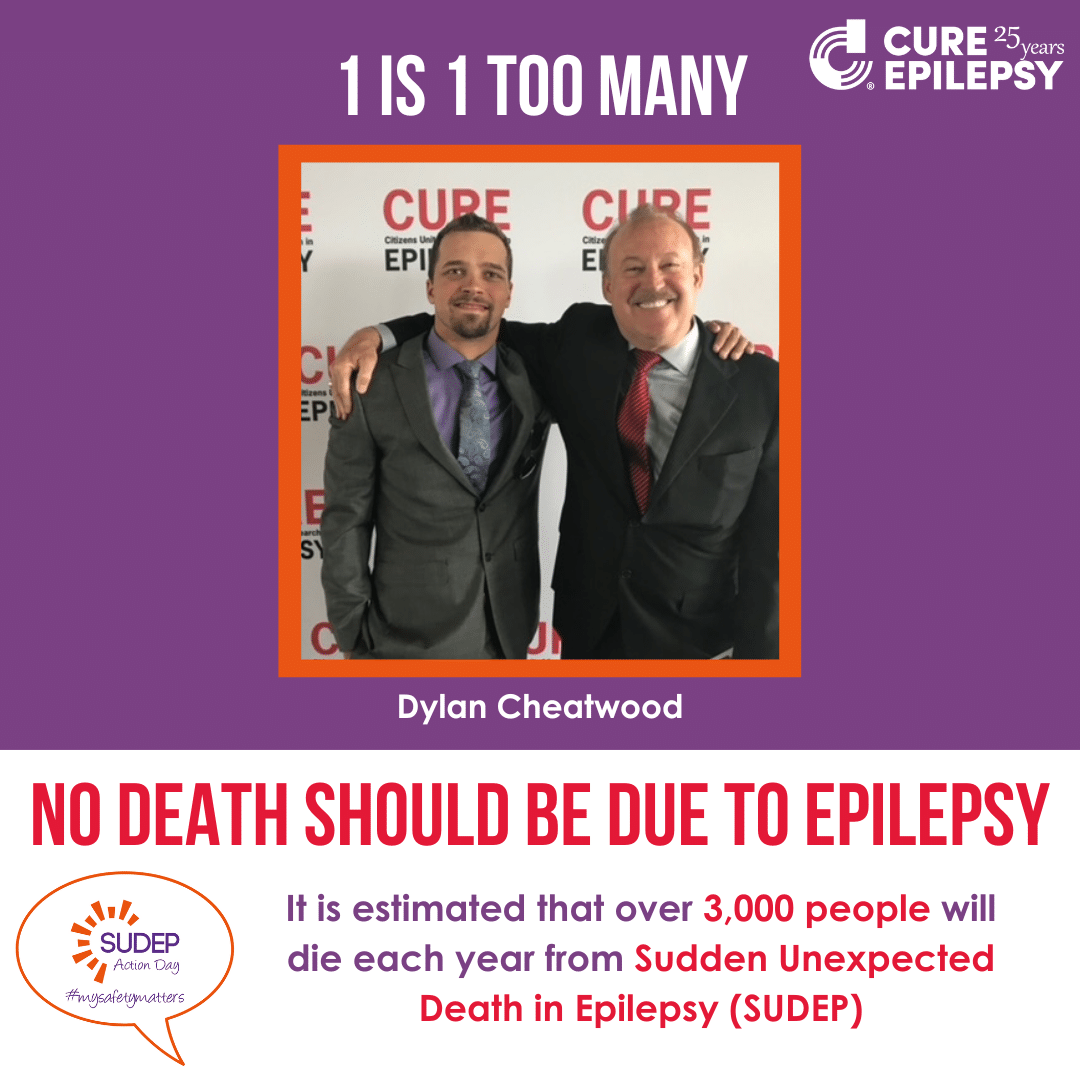Small Study Reports that Emotion, Stress Cues in Social Media Posts Might be Early Warnings in Epilepsy Deaths
March 31, 2022
Article published by Newswise
A new study from an international team of researchers — including two from Binghamton University — demonstrates that social media could be used to detect behaviors preceding sudden unexpected death in epilepsy (SUDEP), the leading cause of death in people with uncontrolled epileptic seizures.
The findings, recently published in the journal Epilepsy & Behavior, reveal that the activity of epilepsy patients in social media increased before their sudden deaths. These changes in digital behavior could be used as early warning signals to put preventive interventions for SUDEP into practice.
To validate the predictive power of these behavioral signals extracted from social media, the researchers intend to mount clinical studies involving more people to collect more data. If the digital behavior of patients proves to be useful at predicting SUDEP, the analysis could be expanded to platforms in addition to Facebook and possibly prevent unnecessary deaths.
SUDEP occurs when a person with epilepsy dies suddenly and no reason for death is found. Although the physiological mechanisms underlying SUDEP are still a mystery, people with frequent seizures are known to be at higher risk. The best preventive strategy currently is to keep seizures under control through medication, but reducing stress and keeping triggers in check are also key to decreasing the risk. However, measuring stress and other mood states can be difficult.
“We instantly know when our best friend is not OK,” said Rion Brattig Correia, co-first author of the study, a researcher at IGC and a visiting research scientist at Binghamton University. “They are mumbling, talking too much or perhaps too little, eye contact is different, their tone is off — we just know it. Sometimes we know it over the phone, only after a few words. What if by detecting this sudden behavioral change, we could save a friend’s life?”






